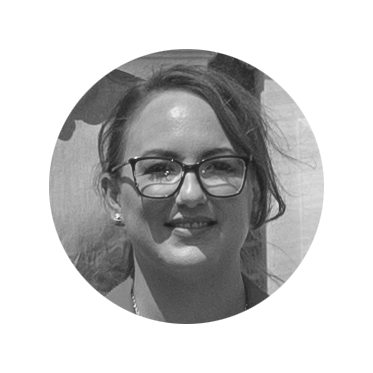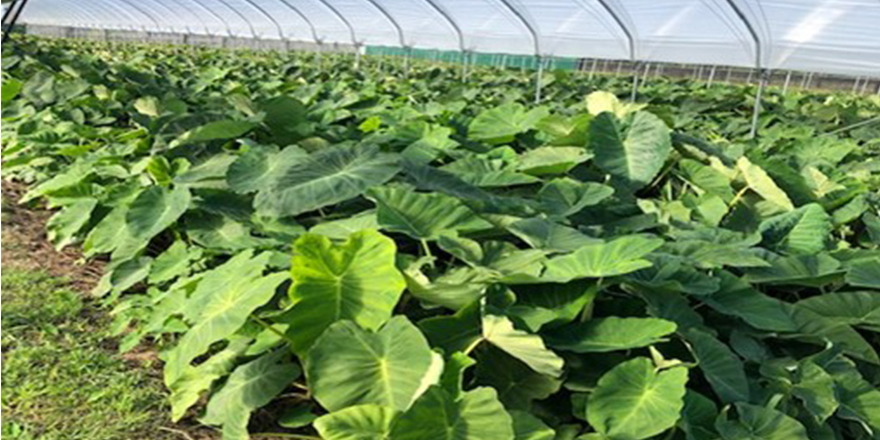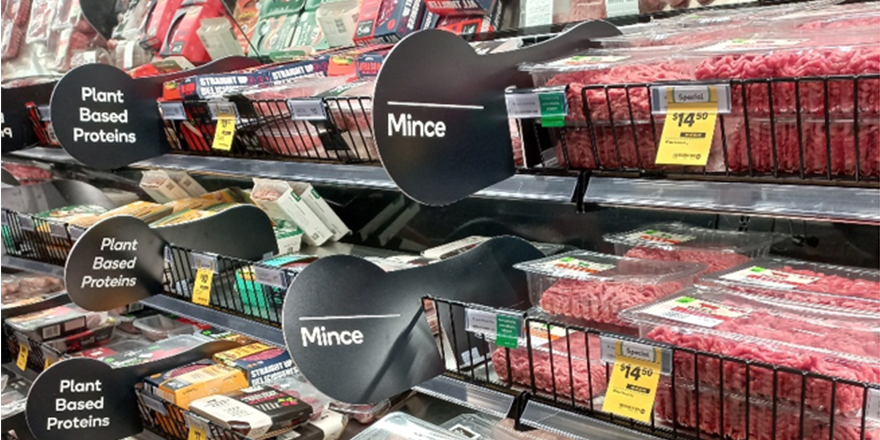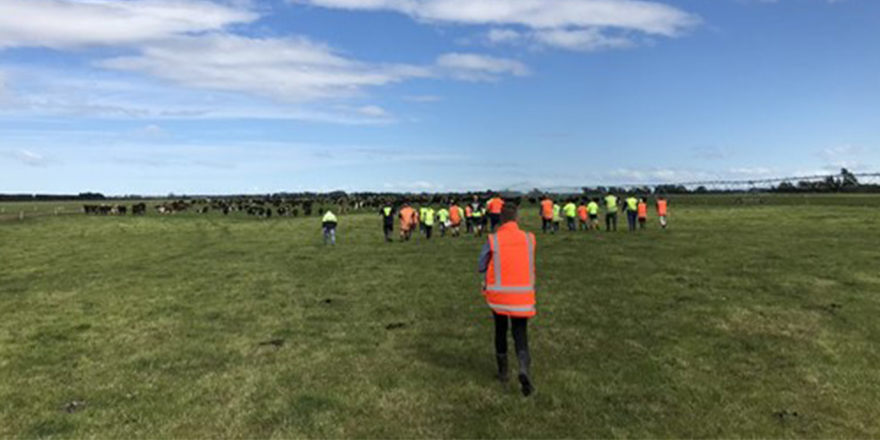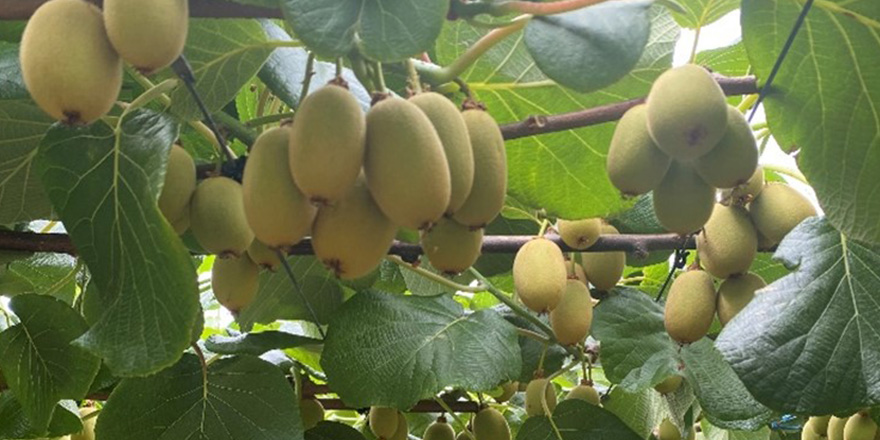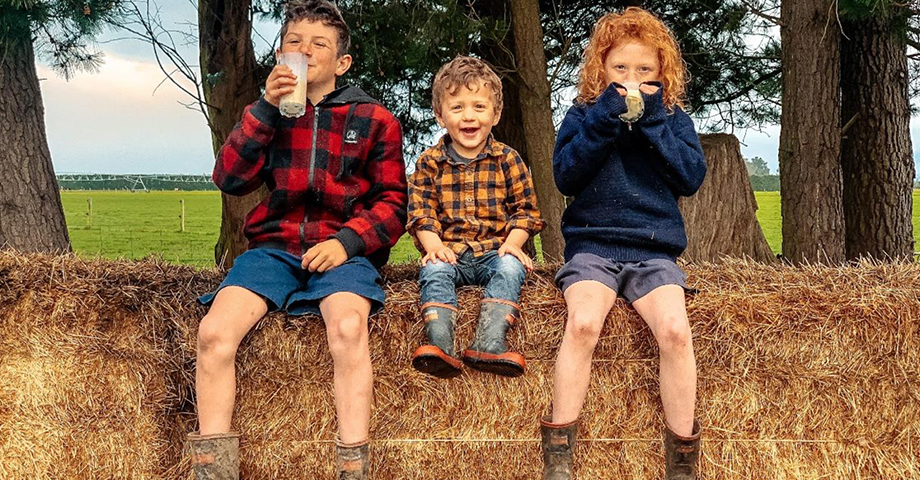
Executive Summary
The dairy industry is a leading contributor to the New Zealand economy, making up over 5% of GDP in seven regions and employing up to 50,000 people nationwide (Ballingall & Pambudi, 2020). In spite of this, we see increasing local interest in vegetarianism and veganism (Colmar Brunton_Better Futures Presentation, 2020) and we see increasing resistance not only to dairy farming practises themselves but also to the accompanying practises required to maintain this industry such as pest and disease control.
This causes concern for several reasons, including given that the public have access to international platforms where our international market engages (statistia.com, 2021) and if New Zealanders do not believe in our produce, then how can we effectively market to the world.
This research was conducted with the purpose of understanding more deeply the current market in which we are operating and where our social licence currently sits. The major focus of our industry appears to be a focus on telling our story, which relies entirely on the truth of that story being palatable to the New Zealand public and the assumption that rural New Zealand shares the same worldview as urban New Zealand.
Given this dilemma, I researched the meaning behind a citizen’s statement of “I support the dairy industry” and why the meaning behind that simple statement could hold some answers for our way forward as an industry. Key insights included that:
- Supporting the dairy industry does not mean that I am connected to the industry at all myself or through family.
- Supporting the dairy industry does not mean that I visit rural New Zealand.
- Supporting the dairy industry does not mean that I am aware of all of the practises carried out on farm.
- Supporting the dairy industry does not mean that I am a consumer of dairy products.
- Supporting the dairy industry does not mean that I agree with all of the practises carried out on farm, and some I may actively oppose.
- Supporting the dairy industry does not mean that I like dairy farmers as people.
My research also revealed that the New Zealand citizen has two distinct and separate roles in dairy farming, and both should be addressed – that of a consumer and that of a stakeholder.
Viewed in that light, competitors to the New Zealand Dairy Industry include social marketing aimed at decreasing the consumption of animal products and perceived animal cruelty, as well as the likes of specific product such as rice milk, sold from the Health Food chiller despite research showing lower nutrient content than cow’s milk.
Overall, the New Zealand dairy industry sustains the life of hundreds of thousands of babies each year through infant formula (9% of overall dairy export, $1.8B) (StatsNZ, Sense Partners, 2020), brings joy at fine dining experiences around the globe, and produce over 1500 dairy products and product formulations (Ballingall & Pambudi, 2020). We invest water and soil and return a vital food source. And yet, milk consumption per capita in our own country has decreased and alternative products are on the rise, seemingly without strong opposition from the dairy industry.
The recommendation is for industry to discuss and determine appropriate engagement methods between the public and the dairy farmer, with a view to understanding shared and opposing values as a baseline for moving the industry forward. Along with this, of key importance is research to understand the relationship between the New Zealand citizen as a consumer and as a stakeholder in the land and the extent to which one influences the other. From there research is required to determine perceived barriers to change from dairy farmers in areas where values between the public and the farmer align.
We have three primary concerns facing us as an industry; engagement to reduce the urban-rural values divide, commercial marketing to increase perception of value of our product and social marketing to ensure the sustainability of our social licence. The way forward could certainly utilize all three methods.
Download and read the full report here
